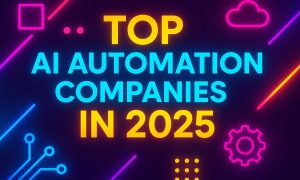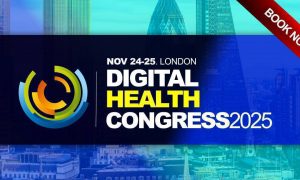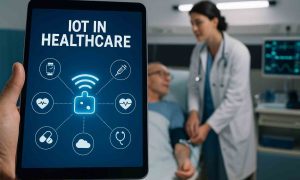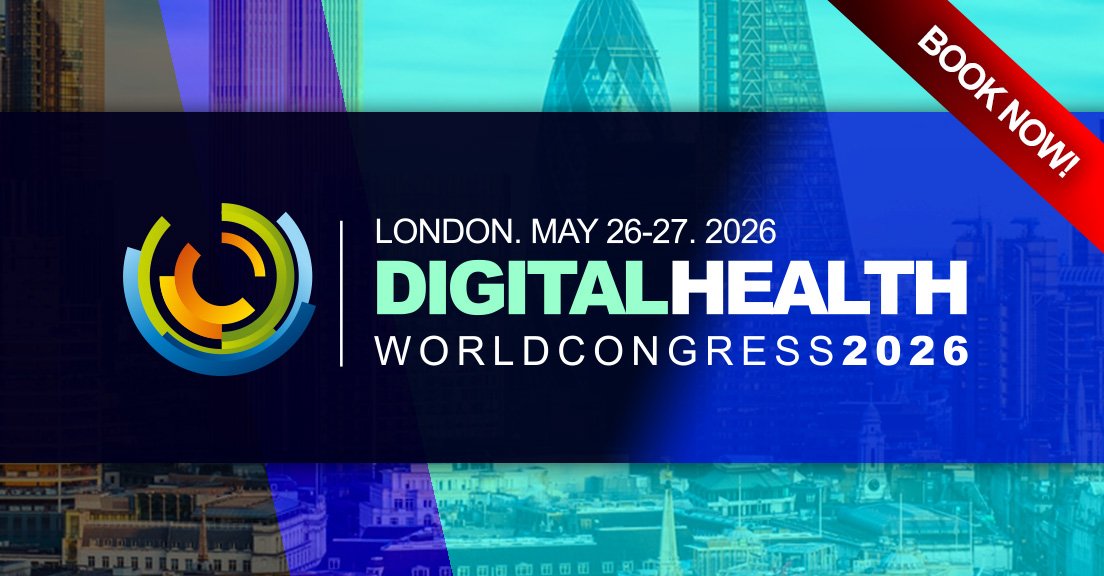
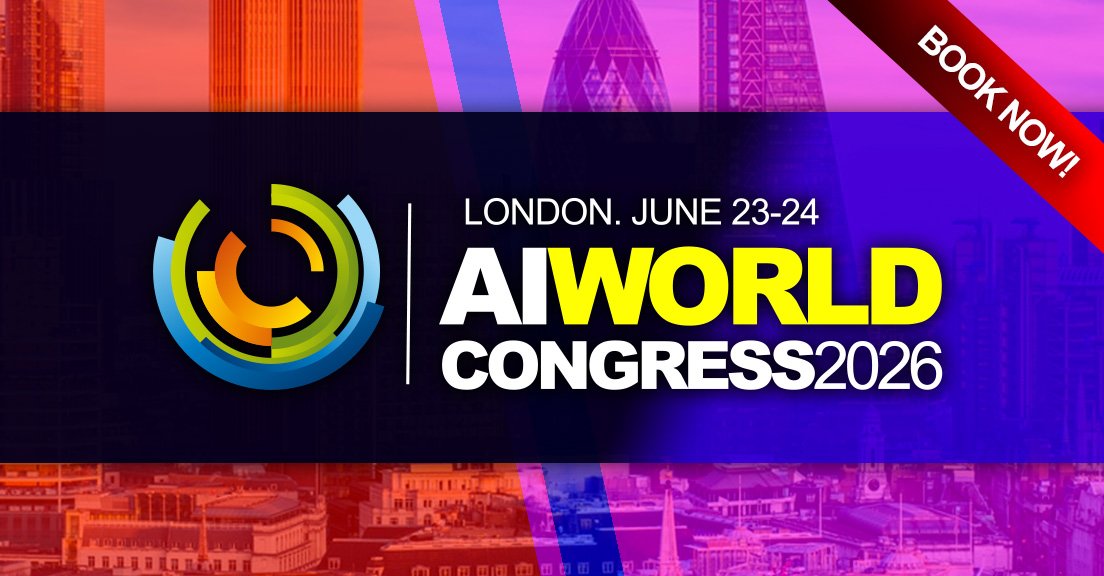
Introduction
In 2025, health expos are more than just exhibition halls with booths—they are engines of transformation. For educators, policymakers, institutional leaders, and health professionals, these events are where AI-powered innovations, health solutions, public health policy, biotech, diagnostics, and treatment modalities converge. They matter because they offer arenas for showcasing breakthrough tools, fostering collaboration across disciplines, and accelerating implementation of best practice in patient care.
AI (Artificial Intelligence) plays a critical role in reshaping diagnostics, predictive analytics, personalized medicine, and resource allocation. EdTech (educational technologies) enable remote training, simulation, virtual reality, and continuous professional development in healthcare disciplines. Together, AI + EdTech are redefining how knowledge is transferred, how health professionals are trained and how patient care evolves.
These top health expos in 2025 and 2026 span the globe—from London UK, to Europe, North America (US, Canada), China, Saudi Arabia, Brazil, Turkey, Germany, and Dubai UAE. They offer a window into regional health trends as well as global shifts: digital health, medical technology, wellness, safety, and AI in medicine. Before diving into examples of how AI + EdTech are used, here’s a list of 10 major health expos/trade shows with dates, locations, and links you should know.
Top 10 Health Expos in 2025 (Dates, Locations & Links)
Here is a curated list of top health expos/trade shows globally in 2025, relevant to health professionals and health innovation. These are drawn from EventsEye & other reliable sources:
| # | Event | Date(s) | Location | Region / Country | Link / More Info* |
|---|---|---|---|---|---|
| 1 | Digital Health World Congress 2025 | Nov 24-25, 2025 | London, UK | UK / Europe | https://digitalhealthcareworldcongress.com/ |
| 2 | Global Health Exhibition 2025 | October 28-29, 2025 | Riyadh, Saudi Arabia | Saudi Arabia / Middle East | https://globalhealthsaudi.com/en/home.html globalhealthsaudi.com |
| 3 | WHX (World Health Expo) Nairobi | October 22-24, 2025 | Nairobi, Kenya | East Africa (region—but good for contrast / neighbouring to Middle East) | https://www.worldhealthexpo.com/en/home.html worldhealthexpo.com |
| 4 | HIS – Healthcare Innovation Show | April 24, 2025 | São Paulo, Brazil | Brazil / Latin America | from EventsEye: HIS – Healthcare Innovation Show São Paulo eventseye.com |
| 5 | Medical Imaging Convention UK | October 7, 2025 | London Olympia Exhibition Centre, UK | UK / Europe | EventsEye listing: Medical Imaging Convention UK eventseye.com |
| 6 | British Dental Conference & Dentistry Show | May 16, 2025 | Birmingham NEC, UK | UK / Europe | EventsEye: British Dental Conference & Dentistry Show eventseye.com |
| 7 | Arab Health / WHX Dubai | January 27–30, 2025 | Dubai World Trade Centre, UAE | Dubai / UAE / Middle East | via Wikipedia or WHX site Wikipedia+1 |
| 8 | MEDICA Trade Fair | November 2025 (usual slot) | Düsseldorf, Germany | Germany / Europe | MEDICA is annual trade fair for medical technology. Wikipedia |
| 9 | EuA / A+A (Occupational safety & health expo in Germany) | (Usually October) 2025 | Düsseldorf, Germany | Germany / Europe | A+A trade fair in Germany Wikipedia |
| 10 | Pharmacy Show UK 2026 | October 12, 2026 | Birmingham NEC, UK | UK / Europe | Pharmacy Show UK listing in EventsEye eventseye.com |
*Notes: Some events are “trade shows” under broader health & pharmaceutical or health professional categories. Always double-check with organisers for updates.
Section 1: Defining the Core Concept: Health Expos & Global Health Innovation
What are Health Expos?
Health expos are large-scale trade shows and conferences that bring together medical device manufacturers, digital health innovators, researchers, educators, health system administrators, clinicians, and start-ups. They showcase new technologies, clinical workflows, wellness programmes, diagnostic tools, and often include lectures, panels, workshops, and networking. They aim to accelerate adoption of innovations, allow cross-region learning, regulatory alignment, partnerships, and business deals.
How AI & EdTech Tools Enable Health Expos to Drive Change
- Showcasing innovation: AI tools (e.g., diagnostic algorithms, predictive analytics, computer vision) are displayed in live demos, simulation labs, or poster sessions. EdTech components allow for virtual labs or augmented reality training experiences onsite or through hybrid/virtual platforms.
- Knowledge transfer & training: EdTech platforms support continuing professional development (CPD), virtual certifications, remote workshops — sometimes before/during/after expos via webinars, MOOCs, VR/AR training. AI helps personalise learning paths, analyse user engagement, adapt content.
- Data-driven decision making: Expos often include health system stakeholders who need evidence. AI can provide real-world data, modelling, big data analytics; EdTech helps visualize data, simulation of interventions, training in data literacy.
- Hybrid & virtual reach: Many expos now offer hybrid formats—virtual attendance, virtual booths, remote attendance of workshops. EdTech platforms enable that; AI can drive matchmaking, recommend content, optimize virtual booth exposure.
- Regulatory & standards acceleration: AI frameworks and EdTech pedagogical best practices are increasingly regulated. Expos are places where regulatory bodies, standard setters, and industry converge; AI tools help in compliance, simulation of regulatory scenarios, tracking policy changes; EdTech helps in training compliance.
Section 2: Practical Examples / Applications of AI + EdTech in Health Expos & Institutions
Here are 4-5 concrete examples of how educators or institutions implement AI + EdTech, especially through or motivated by these major expos:
Example A: Virtual Simulation Labs at Expos for Surgical Training
Institutions (medical schools, hospitals) showcase surgical robots, VR/AR simulators at expos such as MEDICA (Germany) or Arab Health (Dubai). AI is embedded in simulation to give feedback: e.g., AI-driven metrics on hand movements, error rates, decision trees during operations. Educators use training modules in EdTech platforms to prepare participants beforehand; post-expo, they integrate these modules into curricula.
Example B: AI-Powered Diagnostics & Remote Learning Workshops
At Digital Health World Congress (London), companies present AI diagnostic tools (e.g., for radiology, pathology). EdTech providers run workshops for pathologists or radiologists via virtual microscopy, remote annotation, or distance mentoring. Institutions partner with start-ups to pilot these tools in real healthcare settings; after expo, formal training programmes use the demonstrated tools as case studies.
Example C: Personalised Learning for Health Professionals
Using AI to deliver personalised CPD content based on past learning behaviour. For instance, at the Pharmacy Show UK or British Dental Conference, EdTech platforms survey attendees’ learning gaps (e.g. infection control, digital health tools), then recommend sessions at the expo and later modules. AI systems track completion, comprehension, feedback, and adjust subsequent content.
Example D: Hybrid / Virtual Booths & Matchmaking
Because attendance may be constrained geographically (e.g. in Saudi’s Global Health Exhibition or HIS in Brazil), expos deploy hybrid formats: virtual booths, remote attendees, livestreamed panels. AI-based matchmaking tools suggest exhibits, sessions, or partners based on attendee profile. EdTech tools provide virtual tours, interactive product demos, or simulation labs accessible online.
Example E: Regulatory, Policy, Public Health Education
In expos like Global Health Exhibition (Saudi) or MEDICA, panels and forums focus on policy, health equity, digital medicine regulation. EdTech supports policy-makers via courses on global health law, ethical AI. AI tools assist in modelling public health scenarios (e.g., pandemic response, resource allocation). Institutions may build translators between region-specific regulation and global best practices, with learning modules.
Section 3: Regional Perspectives: UK & Europe, US, India, China, Dubai/UAE
UK & Europe
UK and Europe host numerous top expos (Digital Health World Congress, Medical Imaging Convention UK, British Dental Show, MEDICA in Germany). These regions tend to lead in AI regulation (GDPR, AI Act), EdTech innovation (simulation, virtual reality, remote learning). In the UK, universities and the NHS often partner with expos to pilot AI diagnostics, digital health records, national screening programmes. European expos often have strong clinical / regulatory content and showcase precision medicine, genomics, and cross-border research.
US
While some US expos are more fragmented (specialty conferences), the US market features large ones like HIMSS, Biotech conventions, etc. US institutions often use expos to launch new AI medical devices, telehealth platforms; EdTech used heavily for remote or online certification, asynchronous learning. The regulatory environment (FDA) is a major factor in US adoption and demonstration.
(Note: specific US-based expos were fewer in the Eventseye health-professionals list for the broad global top 10 in this article, but US institutions are key participants in many expos even outside their home country.)
China
China is rapidly increasing its presence in health expos, especially in medtech, diagnostics, AI medicine, and health-tech start-ups. Chinese expos often highlight large device manufacturers, AI for imaging, large scale hospital systems. EdTech there is focused both on rural health, distance training, MOOC-style delivery, and integration with mobile health. The Chinese regulatory and government agency involvement is intense, shaping deployment rather than just product exhibitions.
Dubai / UAE (Middle East)
Dubai’s Arab Health (now WHX Dubai) and related expos are major hubs for the Middle East, Africa, and parts of Asia. These expos serve as gateways: international companies exhibit here to access regional markets. Dubai/UAE invests heavily in digital health, smart hospital infrastructure, AI diagnostics, telemedicine. EdTech is used for continuous medical education, compliance, virtual integration across remote sites; AI tools for healthcare management, predictive analytics (e.g. for disease burden, population growth) are spotlighted here.
Conclusion
Health expos in 2025 are not just trade fairs—they are crucibles where AI + EdTech combine to reshape how we train health professionals, deliver care, set policy, and share innovation globally. Regions like the UK, Europe, the Middle East, Brazil, Germany, and beyond each bring unique contexts, but all share a drive toward improved patient outcomes, efficiency, and equity.
For educators, institutions, and policymakers: engaging with these expos is not optional. They are critical for staying on the cutting-edge, forging partnerships, and adopting tools that scale. I encourage you to plan participation in one or more of these expos, explore integration of AI-powered EdTech in training, seek partnerships with innovators, and bring back insights to your region.
Bibliography / References
- EventsEye. (n.d.). Health Professionals Trade Shows in UK – United Kingdom. Retrieved from https://www.eventseye.com/fairs/cst1_trade-shows_uk-united-kingdom_health-professionals.html eventseye.com
- EventsEye. (n.d.). Global Health Exhibition 2025 – Saudi Arabia. Retrieved from https://globalhealthsaudi.com/en/home.html globalhealthsaudi.com
- EventsEye. (n.d.). HIS – Healthcare Innovation Show 2025 – Brazil. Retrieved from https://www.eventseye.com/fairs/f-his-healthcare-innovation-show-30699-1.html eventseye.com
- EventsEye. (n.d.). Medical Imaging Convention UK 2025. Retrieved from EventsEye listing, UK. eventseye.com
- Wikipedia contributors. (2025). Arab Health / WHX Dubai. Retrieved from https://en.wikipedia.org/wiki/Arab_Health Wikipedia+1
- IOTWorldMagazine. (2024, December). Top Digital Healthcare Exhibitions and Shows in 2025 in London, UK, Europe, Asia, USA, and Dubai, UAE. IoT World Magazine </p>







